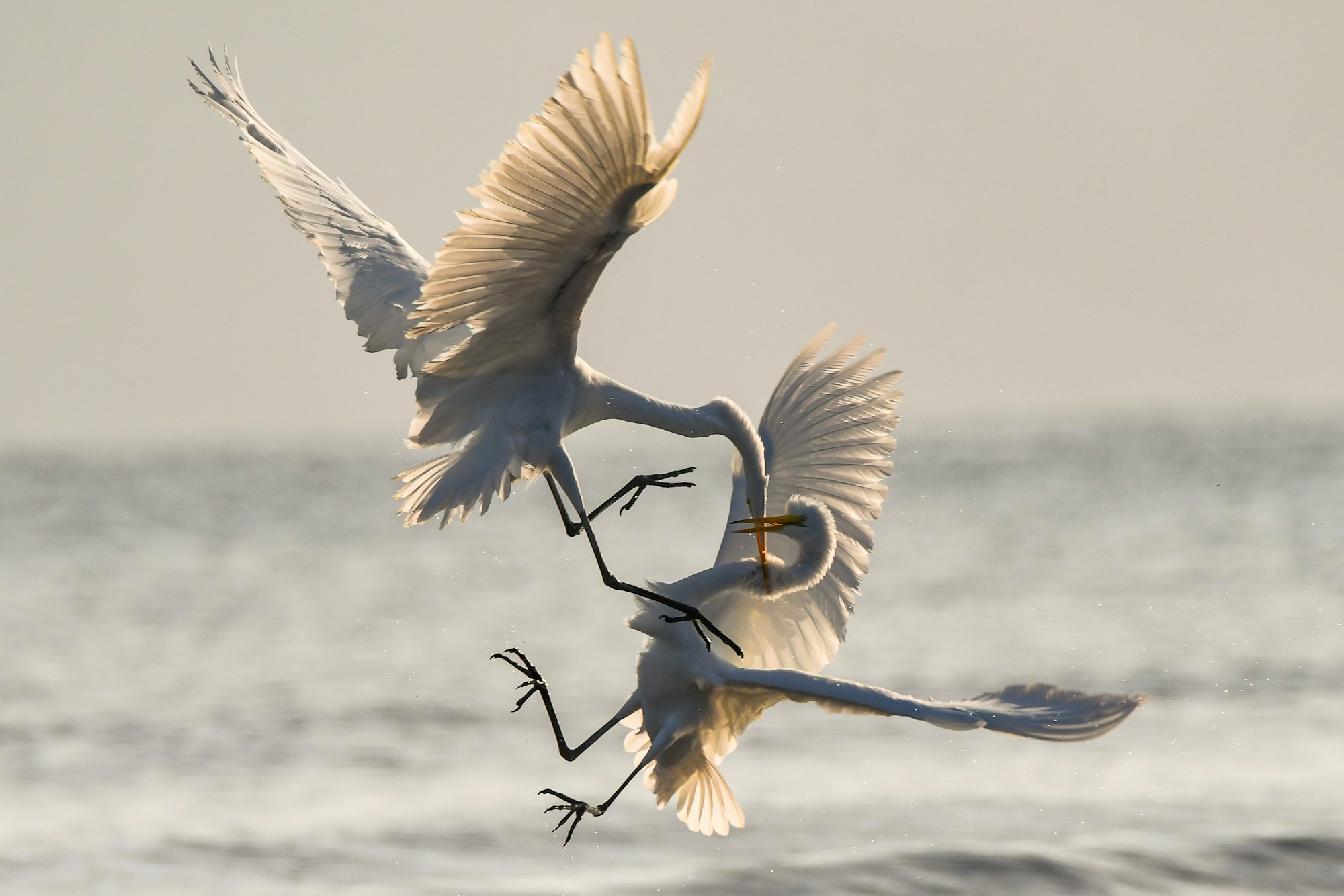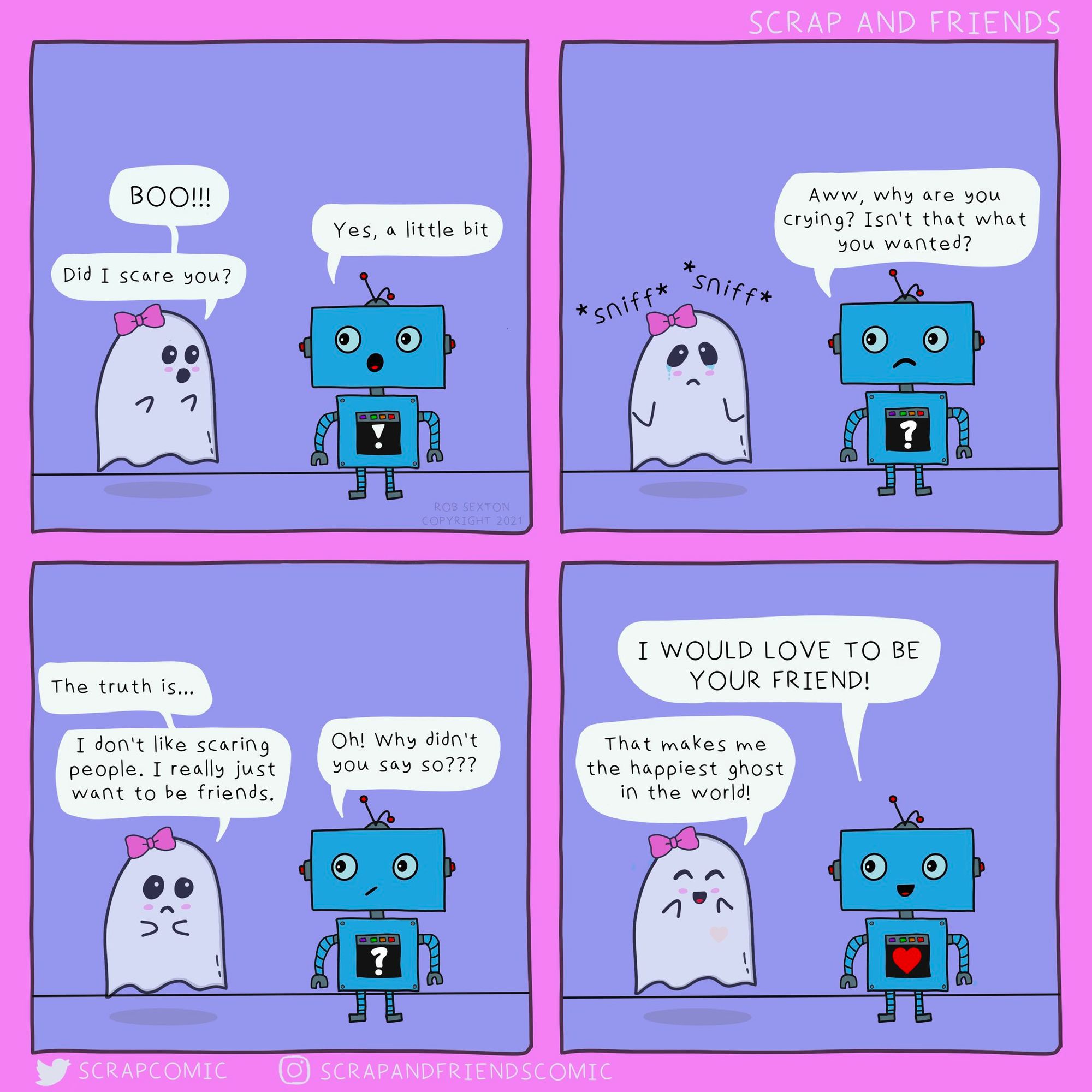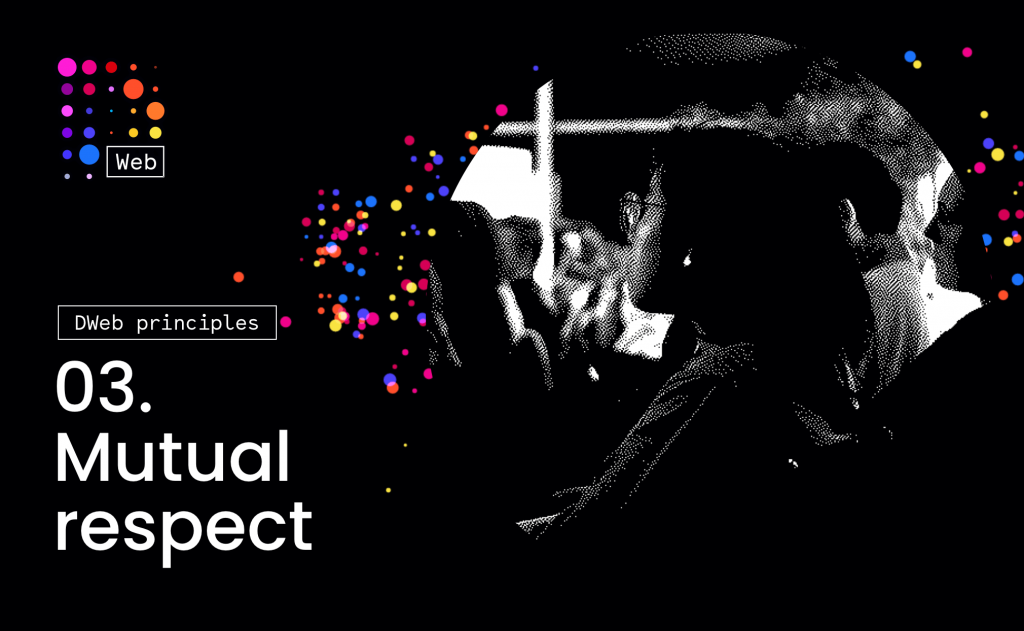Conflict Resolution
From the beginning of time, we are told in one tale of our origins, the world has been formed by the separation of reality into opposing elements and forces. Ever since, we have been involved in a constant cycle of one versus another.

Thesis, Antithesis, and Synthesis
From the beginning of time, we are told in one tale of our origins, the world has been formed by the separation of reality into opposing elements and forces. Ever since, we have been involved in a constant cycle of one versus another.
Conflict
First, there was a separation between light and darkness. And here we are with a world defined by assumptions that good and evil somehow align with skin colour and the differences justify the power of one over the other.

Resolution
Humans have had a very long history of conflict, but we are still working out how to effectively resolve our differences. That’s why we are here in the Design Science Studio. We are still figuring out how to coordinate our actions together without everything devolving into disagreements.
When we move from static dualities to dynamic processes, we realize that resolution comes through recognition of the differences and transformation through unifying synthesis.
Discord
So, perhaps we were setting ourselves up for failure by choosing a collaboration platform called Discord. The irony is not lost on us.
However, we are working within the existing system to realize that:
You never change things by fighting the existing reality. To change something, build a new model that makes the existing model obsolete.
Accord
If we remember we are here to make a world that works for 100% of life, it also means we need to be able to model healthy conflict resolution.
This might require a code of conduct that we can all agree on, a Co-Operating Manual for Spaceship Earth.
Giving and Receiving
Perhaps, there is a need for some education in the group around guidelines for giving/offering feedback and advice—that is, to lead with consent and always ask if the person you want to give feedback/critique/advice to is actually open to receiving said feedback/critique/advice by asking first and confirming that you have consent to give.
By modelling this behaviour, we can catalyze our group evolution.
Community Guidelines
One place where we can begin this process of co-creation is to write some community guidelines.
If we had a guideline that everyone agreed to abide by that then it would be easier to moderate when folks aren’t following our agreements. Then it would be easier to follow through on agreed upon consequences for breaking community guidelines (suspension/blocking/removal/etc). Maybe we can draft guidelines and consequences for breaking guidelines and have everyone agree to that?
Editing as a Practice
In the existing system, when someone is out of line, the response can be censorship, exclusion, or some other form of silencing and marginalization.
But, how do we want to be? What kind of world do we want to build?
World Builders
I am an advocate for reframing (or Struppi might saying re-sphering), transforming language, and redirecting energy. Rather than censoring, we are modelling the skill of editing, an ability to balance our communication styles to favour listening, empathy, and understanding over self-expression or dominating conversations. This model can obsolete the old, as a form of ontological design (the positive expression of the concept)—an approach to decolonizing design (the negative expression of the concept).
Respect, Trust, and Equity
The #start-here channel is short on defining a code of conduct: “Remember to be polite, compassionate and to not feed the trolls.”
I came across a couple resources that might be helpful. One is about respect, trust, and equity in the context of decolonization, decentralization, and democratizing.

Aphanipoiesis
The other is a guide to complex living systems and emergence.

Metaphysical design—making the invisible visible: “This unseen realm is vital, non-trivial, and sacred—and it is real. I am increasingly finding that the most fecund realms of change, learning, and evolution are beyond the organism’s current capacity to perceive.” — Nora Bateson
